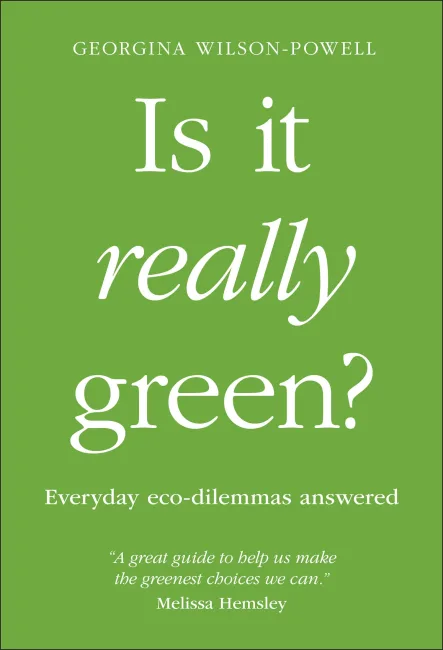
Climate Change is for real. That is true, without a doubt. Like no cap. Furthermore, all evidence points to the species Homo sapiens as the culprit. Due to our overuse of fossil fuels, releasing previously sequestered carbon into the atmosphere, our industrial and agricultural practices releasing other greenhouse gases into the atmosphere, and the total destruction of our planet-healing ecosystems, we have led our Earth into a nightmare where we are slowly killing that which sustains our societies. This post will not dive into the specifics of the causes, nor the symptoms, but rather more specific ways we as individuals can help improve our planet’s situation. To learn more, NASA has some brilliant information on the subject. I find the argument that because corporations and mass factories are the main culprit, individual choices are irrelevant, a very weak one. Despite the fact that these large entities do create much of the problem, there are two reasons why the second clause of the above argument is incorrect: for one, these corporations are fueled by profit, so if the customers cease to purchase their products or financially support their efforts, these companies will close up shop. Furthermore, current consumerist practices of individuals do contribute in non-negligible amounts to climate changes. Think of our beautiful coral reefs. You can help to save them, with relatively simple (though maybe not easy) practices.
Ways in which we can reduce our impact on the environment are innumerable. These suggestions come from the book Is It Really Green? Everyday Eco-dilemmas Answered by Georgina Wilson-Powell. More specifically, this post will deal with ways our food choices could reduce our environmental impact.
First, a diet of reduced meat consumption, a vegetarian diet, or even vegan diet can make a difference. Especially in the Western world, our meat-heavy diet has created an agricultural system in which meat and dairy take up 77% of farming land usage, yet as the book says, ” these foods provide just 17% of the calories we eat.” It is a brilliant example of the trophic period, in which through each level of energy transfer 10% of energy is lost. For example, if we were to eat plants, we get the fullest possible energy sourced from the sun. Furthermore, it is the least water and other nutrient input relative to higher on the trophic levels. But if we eat the cattle raised on the plants we could have eaten (or an alternative, as we will not eat hay), than on average only 10% of that original energy is then available for them. And since we then eat that trophic level of cattle, 10 times less energy is available for us through cattle consumption than through a plant diet.

This does not mean a diet of all plants is wholly good as well. For example, eating a diet of crops imported from afar can have a considerable environmental impact as well since the transportation can use fuel. The opinion of this writer is to not remove meat entirely from the market, but rather reduce its usage and switch to more sustainable and healthy alternatives.
A more specific example is dairy alternatives as well. These beverages have grown in popularity in recent years, mainly due to their claims of being more environmentally friendly. (The dairy industry alone is associated with 3-4% of greenhouse gas emissions.) For example, soy milk is a popular option. However, not all of the alternatives are as sustainable as they claim to be. Soy and rice milk are associated with practices not considered good for the environment. Almond milk also does not live up to their claims, as its farming practices have devastated pollinator communities and used water sources year-round in drought-stricken areas. Oat, hemp, pea-protein, and coconut milk seem to be the best alternatives for those truly seeking to reduce their environmental impact.
There are a number of other small ways to reduce our individual impact. Simple ways include wrapping food in beeswax, soy wax, or foil for storage instead of plastic wraps. Reducing very processed foods is beneficial as well, because of their long supply chains and heavy chemical input.
We as stewards of the Earth have a duty to protect that which sustains us. Not only for our future generations, but also an ethical obligation to protect its beauty and goodness today. More can be done, individually and as a society, and I highly recommend the book used for this blog post.

Leave a comment